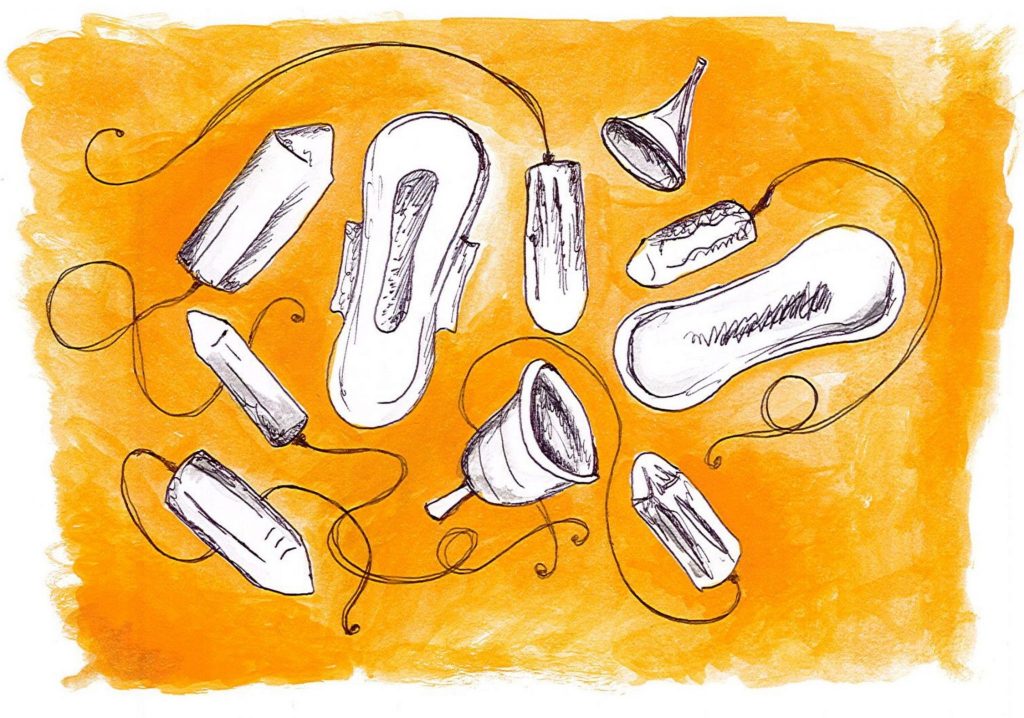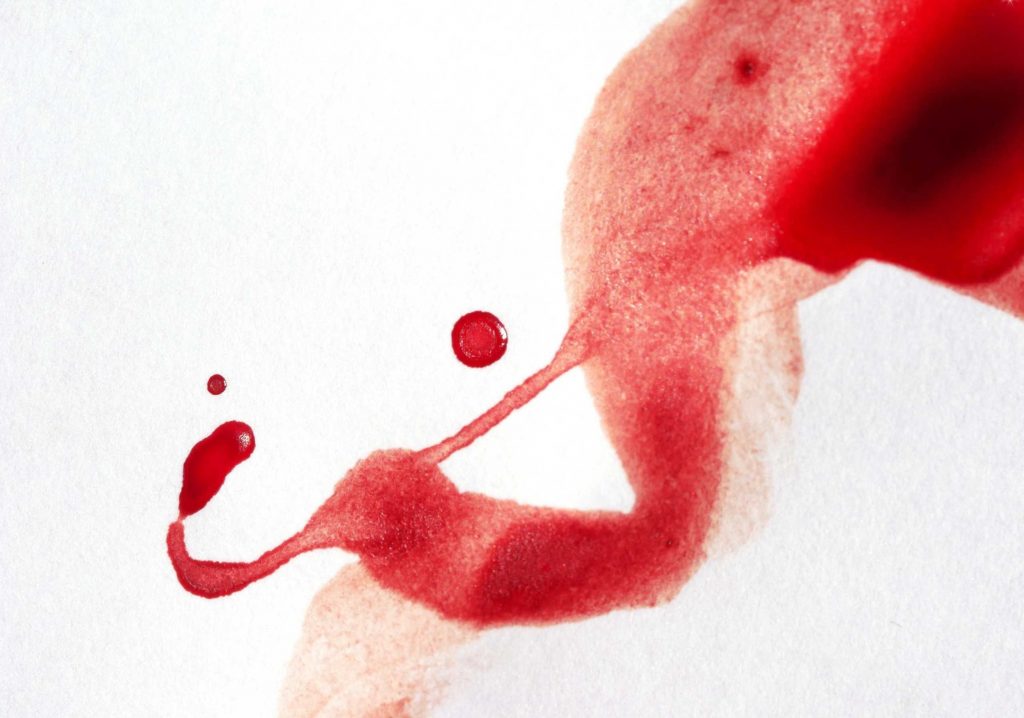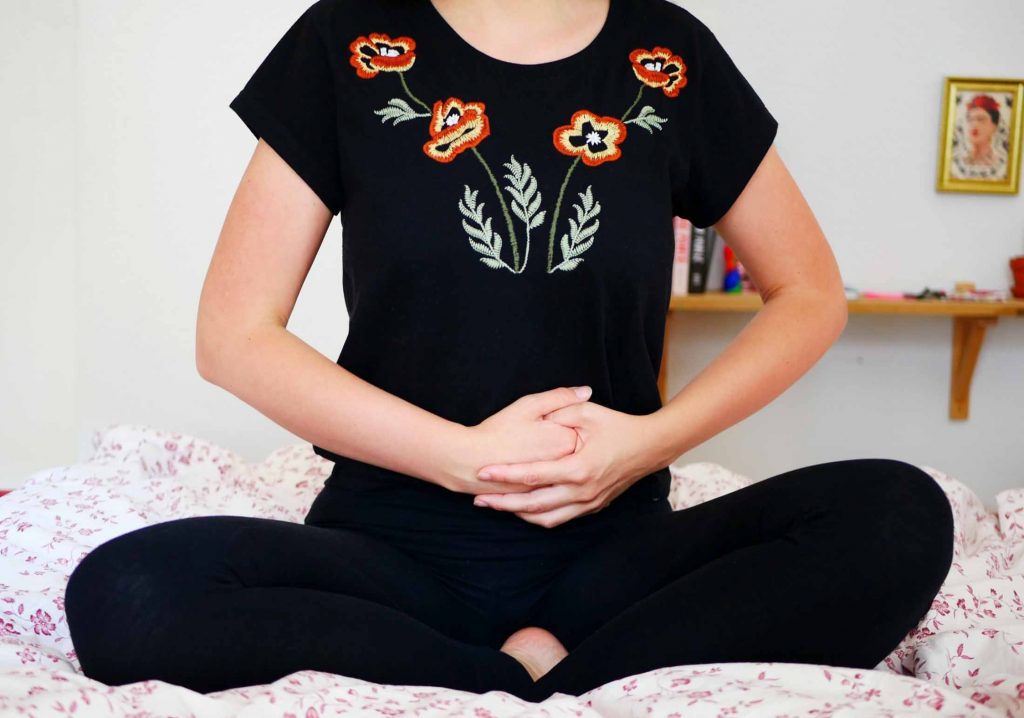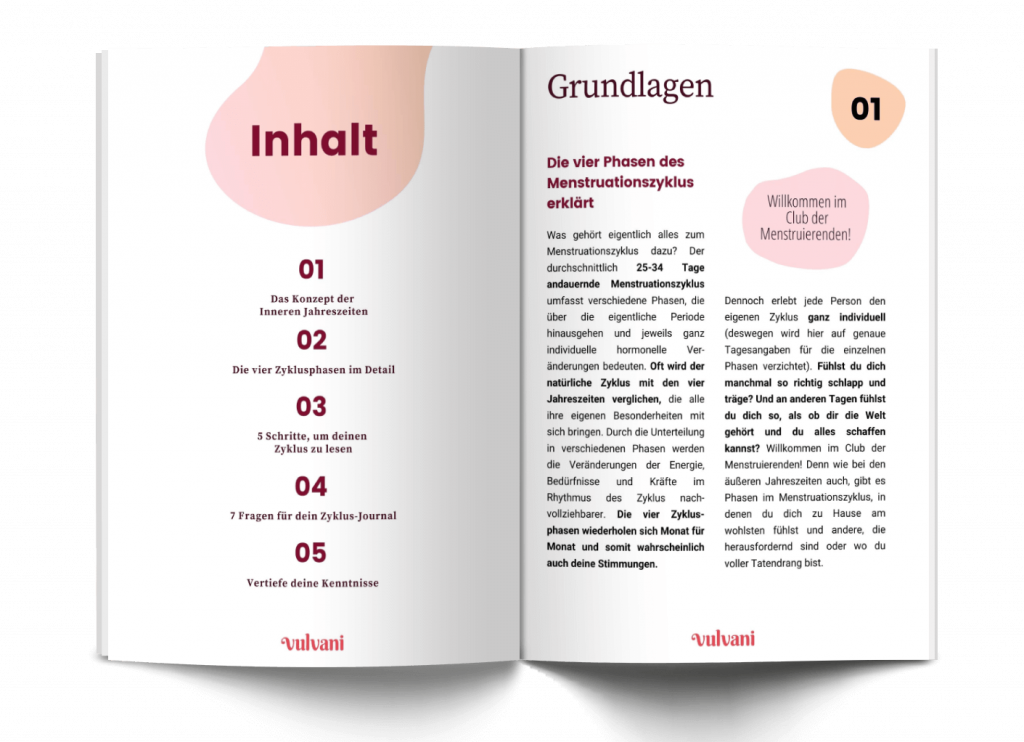What happens when I have my period? Is my period normal? What helps with menstrual problems? Are you looking for information and answers about your period or menstrual cycle? Then you’ve come to the right place! Welcome to the Vulvani guide for your period. Here you will find our collective knowledge and all the important facts related to menstruation. We cover health, biological and social issues related to your period and menstrual cycle. You don’t know where to start? Then maybe our overview with all our already published blog articles, sorted by topic, will help you. In our Magazine you will also find all the articles in chronological order. Enjoy reading and browsing the website!
You want to read Vulvani’s guest articles and interviews in international media? You can find them here, on our press site!



Puberty often begins with slight physical changes, such as the growth of breasts or vulva hair. The hormonal changes in the body indicate the your first period far in advance. A reliable sign is the vaginal discharge, which occurs about a year before. Shortly before the first period begins, physical symptoms such as abdominal pain or breast tenderness may occur.
During menstruation, the monthly build-up of the uterine lining is removed again. Periods are the monthly excretion of blood and mucous membrane tissue that has built up in the uterus during the menstrual cycle. The menstrual blood flows through the small opening in the cervix and out of the uterus through the vagina.
Periods last on average about five days. Everything between three and seven days is normal. The length of your periods is also influenced by various factors, such as hormones, stress or age. Sometimes before or after your periods there will be a little spotting, but this is not part of menstruation itself.
Periods that are too heavy are called hypermenorrhea. They are characterized by greater blood loss. This is the case when the bleeding per period is more than 80ml. If too much blood is lost during menstruation, this can lead to iron deficiency.
Menstrual cycles that last less than 24 or more than 35 days are called irregular cycles. Everything in between is normal. It can normal for your bleeding to be irregular, especially if your periods have just started or before menopause.
The first day of your monthly bleeding is the beginning of a new menstrual cycle. The first phase of the cycle is called menstruation. It is, like winter, a rather quiet, slow time that invites you to reflect. This time of bleeding is ideal for resting, planning and making decisions.
Menstrual cramps often last only for a few days and should not hinder your everyday life. To relieve period problems, anti-inflammatory foods are especially important. Rest, warmth and light movement can also have a positive influence on your period pain.
Over the course of their lives, each menstruating person uses an average of about 14,000 disposable tampons and pads. In Germany, all menstruating people together produce more than 20,000 tons of waste with disposable products. In terms of quantity, this amounts to 170,000 bathtubs filled with waste.
In order to cover the basic need for disposable menstrual products, a menstruating person spends on average about 70.00 € per year. With a total of 450 periods in one’s life, the cost of period products is at least €2,700. From a practical point of view, periods are therefore also a financial challenge. Since the beginning of 2020, period products are only taxed at the simplified tax rate of seven percent in Germany.
Only few (mammals) animals have their period like we humans do, because the processes in the body are different. While many animals recycle the built-up endometrium after unsuccessful fertilization, with humans it is expelled in the form of periods. Dogs, for example, only have their menstruation once a year and rabbits do not bleed because their ovulation occurs only after mating.

And if you just feel like wandering around for a bit, here are short explanations of the different categeories in our Periodico. By clicking on the corresponding info texts you will be forwarded directly to the requested category.
Health and illness are very close to each other. That is why we will talk to you about conditions, such as endometriosis or vaginismus. But we will also give you tips for when you are having menstrual cramps.
There is a lot going on in the menstrual world and we are keeping you up to date about the latest period news and trends. This category looks at periods from a societal or political perspective and analyses the menstrual taboo.
Here we will be answering all of your questions about periods. In our articles we cover everything from your first period to ‘Is my period normal?’ and the influence of your cycle on your mood. In this category absolutely everything is about menstruation.
You have always wondered what kind of menstrual products are actually available? Let us introduce you to various sustainable period products and explain you everything about menstrual cups, period underwear or free bleeding.
Menstruation around the world’ is our series of insightful interviews that try to show the variety of menstrual experiences around the world. How do different people experience their period? How do different cultures deal with the topic? Which products are used during menstruation? These are all questions that we are asking ourselves and that we would like to ask many more people. We portray people from different countries with their personal stories.
…and empower countless women to make empowered choices about their bodies!

